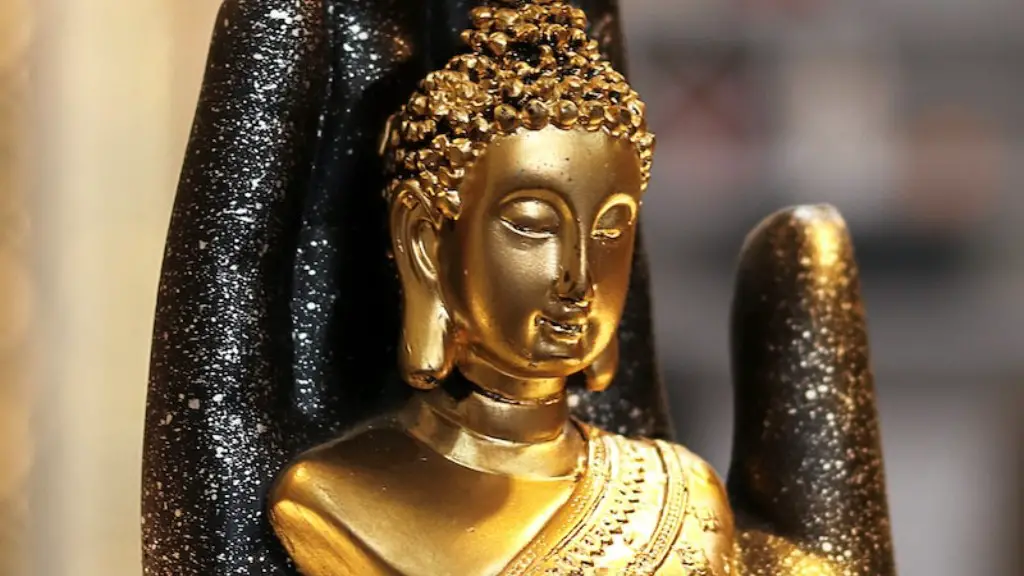The Protestant Reformation was a 16th-century schism within Christianity initiated by Martin Luther and his followers. It was a huge upheaval that challenged the Church, changed beliefs and practices, and divided Western Christianity. But how did the Reformation change Christianity?
One major change, of course, was the splitting off of Protestantism as a distinct branch of Christianity. Protestantism, which includes a variety of denominations, includes the Lutheranism, Reformed, Anglican, Baptist, and other churches.
The Protestant Reformation also led to an increase in religious literacy. Before the Reformation, many common people were deprived of the Bible, which was only available in Latin. The reformers translated the Bible into the native language and emphasized its importance, thereby opening the door to a better understanding and appreciation of the Christian faith.
The Protestant Reformation also emphasized the need for personal faith, thus calling into question the longstanding Catholic concept of salvation through works. Protestant reformers believed that humanity could only be saved through faith in Jesus Christ, a belief that still underpins much of Protestant Christianity today.
Furthermore, during this period, the practice of private religious worship also took root. Prior to the Reformation, religious worship was confined to churches and led by ordained priests. But the reformers championed the concept of private religious worship, which emphasized the spiritual needs of the individual and enabled them to engage with God personally, without the mediation of priests.
In addition, Protestant reformers placed a greater emphasis on the importance of the individual. Before the Reformation, much of society was organized around the Catholic Church, and individuals were expected to adhere to rules and regulations set by the church. But the reformers argued that individuals were capable of making their own decisions and should be allowed to do so without interference.
Finally, the Reformation also ushered in an era of religious toleration. Protestant reformers sought to end years of religious persecution and segregation, promoting instead the concept that individuals should be free to practice the faith of their choosing. This tolerance for different faiths is still a subject of debate in some parts of the world today.
Church Structures
The Protestant Reformation also led to a major restructuring of churches. Prior to the Reformation, the Catholic Church had a strict hierarchical structure, with only the Pope and his appointed clergy having authority over matters of faith. Protestantism, on the other hand, gave the power to make decisions over religious matters to individuals, who in turn gathered together in local churches which had the right to interpret the Bible and make decisions without interference from above.
education
The Protestant Reformation also brought about an increase in literacy. As mentioned before, the Bible was translated into the vernacular, and education also became more widely available to common people. The Protestants sponsored schools to teach the faith, enabling more people to understand the Bible and access knowledge which had previously been confined to the Church. This increased access to education also laid the foundations for the modern education system.
Economic Impact
The Reformation also had a dramatic impact on the economy. As Protestantism spread, it resulted in the dissolution of many religious monasteries and the transfer of wealth from the Church to the public. This shift in power produced an increase in economic activity, as well as more opportunities for trade and investment. Furthermore, Protestant Reformation also contributed to the development of banking systems, which allowed for more efficient financial transactions and helped to fuel the growth of the middle class.
Political Impact
The Protestant Reformation also had far-reaching political implications. By challenging the authority of the Catholic Church, the Reformation led to a weakening of the power of the Papacy, which had long held sway over much of Europe. This political upheaval in turn enabled the development of national states, with rulers taking on a more central role in governing affairs. In addition, the Reformation gave rise to a sense of nationalism, leading to the emergence of distinct cultures and societies.
Legacy
The legacy of the Protestant Reformation spans centuries and touches virtually every aspect of life today. It is impossible to overstate the extent to which the Reformation transformed the Christian faith, from challenging the authority of the Church to giving power to the individual. It also gave rise to more widespread literacy and education, which in turn helped to shape modern society and culture. And, of course, its influence on politics and the economy extended far beyond its own time, with the reverberations still being felt today.

